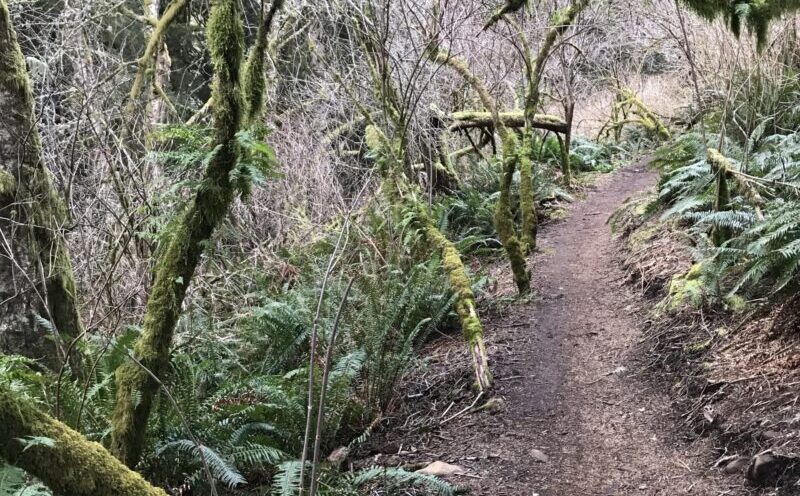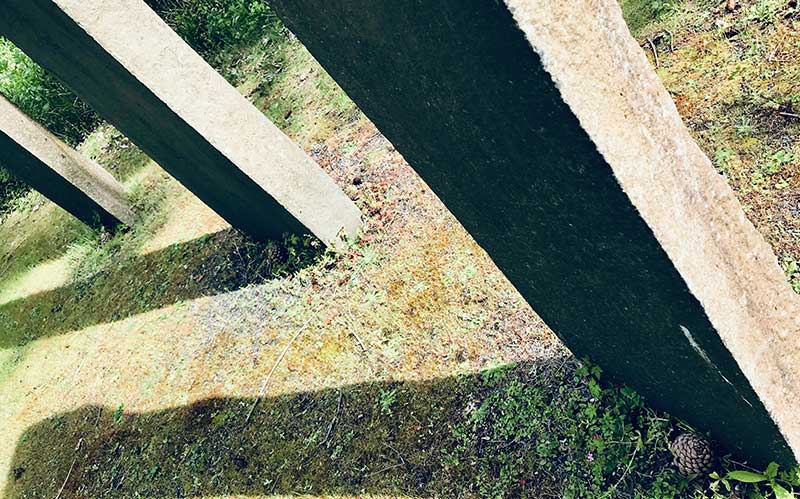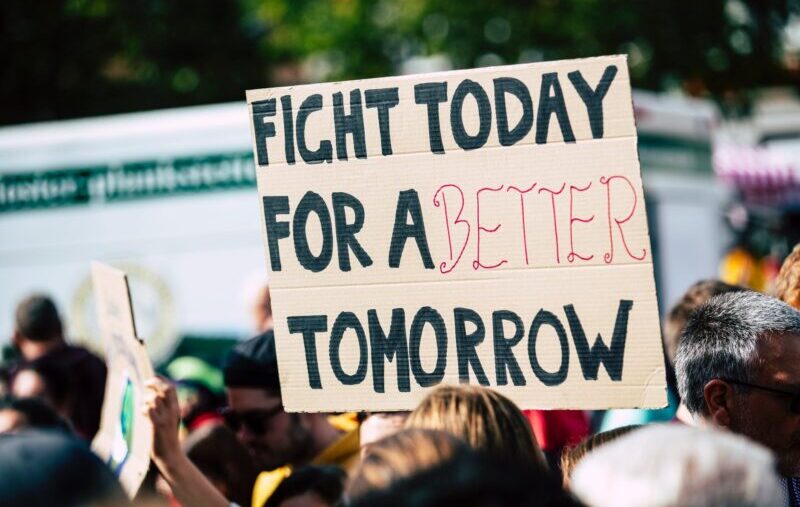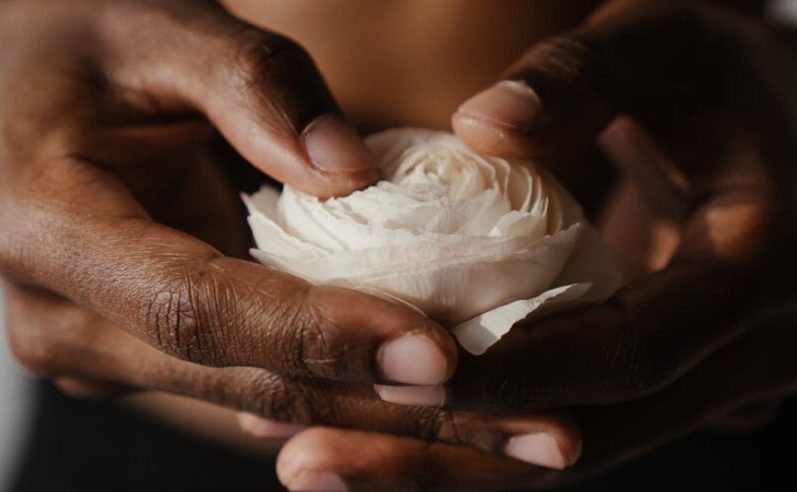My friend and thought partner, Molly Davis, published a great piece on Monday in which she talks about the earth beneath our feet as the best source material we could ask for to live lives of hopeful expectation. She writes:
“That sense of the solid ground upon which to stand is the place from which we can dare to hope. And we can dare to hope because it isn’t our feet firmly planted that hold us up, but the holy ground upon which we stand.”
The imagery conjured up by her writing took me back to a talk I gave a couple of weeks ago. I was invited to keynote a gathering of undergraduate students who were assembled for an academic competition and convocation.
During the Q&A that followed I was asked about my preparation for a talk like the one I had just given. These students were going to stand in front of a room of judges the following day to deliver their prepared findings so effective presentation-making was very much on their minds.
I suggested to them that once the rituals of preparation and planning are complete; once you have done your research and your homework, collaborated with your partners on a design and gone through as many rehearsals and critiques as you can stand, that once all of that is done the final and most important thing you can do is to get out of your head and back into your body.
To have cognitive awareness of what you will present is the starting point, but to have somatic awareness is the place from which you can truly deliver the goods. Until you feel it in your body, what you present will just be a collection of words coming from your head.
I suggested a few things to help them get into this more robust kind of physical presence. First, that it is important ahead of time to spend some time in the space where you will be speaking. I told them that the reason I was already in the room when they arrived was because I was getting a feel for the space. It was not a room largely different from those I have presented in before but I had not presented in that particular room and wanted to build up my awareness of what it felt like. (Incidentally, I noticed a strong and very pleasing floral aroma in the room, as if the janitorial staff had used the greatest cleaning products ever made! This contributed to my sense of positive affect and energy. It was a perfect support system for my physical awareness.)
Second, I suggested that it is important to just feel your feet on the floor, on the ground, on the earth. This kind of intentional inhabiting of space creates in me a grounded and humble confidence. It reminds me that “I am right here.” It reminds me that “I am supposed to be right here, right now with these two feet on this ground in this room.” It reminds me that “There are no mistakes or coincidences but only the truth that I am here and ready to share readily and generously with those kind enough to listen.”
Third, I suggested that it is important to feel your body. Amy Cuddy advocates for the “power stance,” hands boldly on the hips or raised high in victory formation. Others recommend scrunching the shoulders up to the ears and holding them there before a big, vigorous release and shake down of your entire bodily form. All of this physical effort is designed to join your head to your body, your head to your heart, more importantly. It’s a physical way to trick yourself into a “ready” position, a place the rest of us will experience as presence.
Finally, to bring it all the way back round to Molly’s contribution today, this work of physical readiness for real presence is the only stance from which it is possible to be the ideas, the possibilities, the hopefulness you are trying to convey. You want us to believe you, to believe in you. We want to believe you, to believe in you. You’ll get us part way there with your thoughtful preparation and articulate delivery. You’ll bring us all the way home when you convey the power that can only be made real when you start with two feet on solid ground.
DAVID BERRY is the author of “A More Daring Life: Finding Voice at the Crossroads of Change” and the founder of RULE13 Learning. He speaks and writes about the complexity of leading in a changing world. Connect with him on Twitter at @berrydavid.




